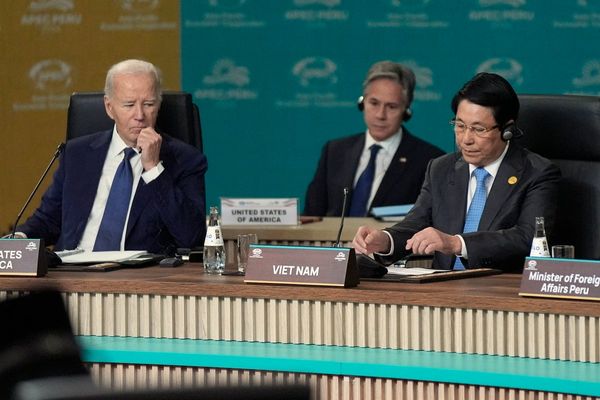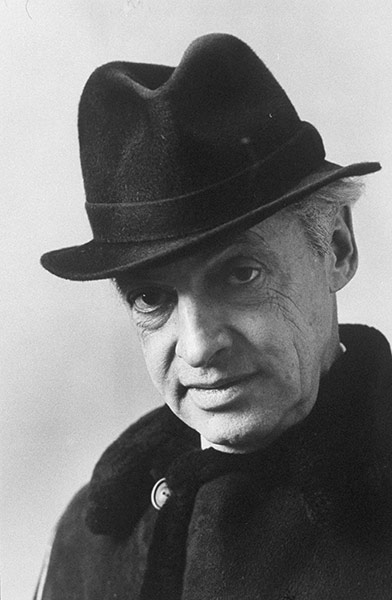
The American novelist was a judge in 1971, the prize’s third year. Known for his extravagant tastes, Bellow insisted on being put up at the Ritz and complained when his room didn’t overlook Green Park. One of his fellow judges was Antonia Fraser, who later recalled how, in a taxi one night, the great novelist leaned over and said: “Has anyone ever told you you’re a very handsome woman?” Though he fell asleep before she’d replied, the episode confirms – if confirmation were needed – that the late Nobel laureate was NSIT.*
*Not Safe in Taxis Photograph: Michael Mauney/Getty Images
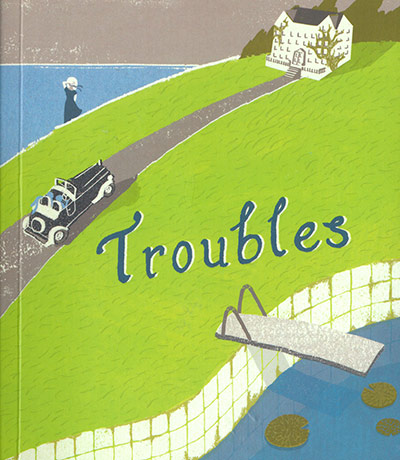
Novels published in 1970 weren’t eligible for the Booker – the result of a 1971 rule change whereby the prize switched from being for the previous year to honouring books published in the same year. To all those writers aggrieved at the fact that they’d missed out, 2010 offered a restitution of sorts, with the retrospective Lost Man Booker prize. A judging panel whittled a longlist of 22 down to a shortlist of six (on which only two living authors, Nina Bawden and Shirley Hazzard, featured). This was then put to a public vote. The winner was JG Farrell for Troubles Photograph: PR
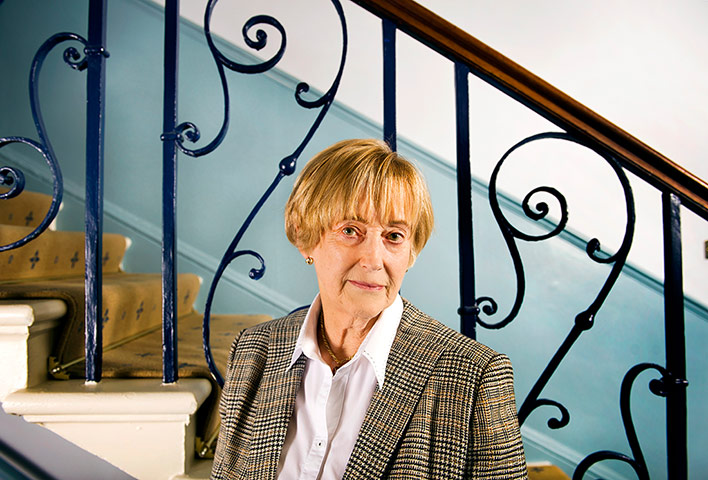
Last year’s Booker prize became engulfed in controversy when a lightweight panel, headed by the former MI5 chief, demonstrated its commitment to “readability” by picking a shortlist that, in the opinion of many critics, was largely made up of books that were neither readable nor very good. In her speech, Rimington struck back, quoting at length from Pope’s “An Essay on Criticism” to get across how ghastly the snipers were. Yet in spite of her efforts, the organisers have evidently had a rethink because this year’s panel is much more highbrow
Photograph: Linda Nylind/The Guardian
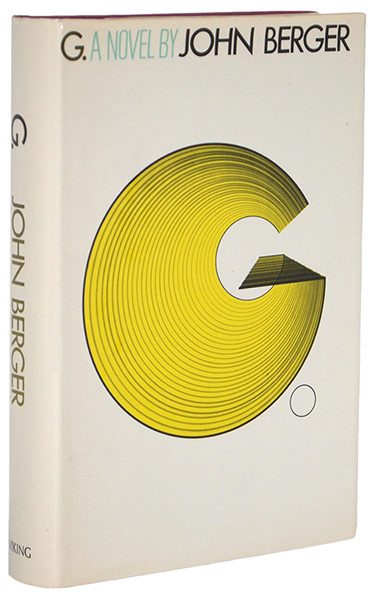
In 1972, the Marxist writer John Berger won the prize for G, his novel about an Italian dilettante’s slow ascent to class consciousness. Rather than uttering the obligatory words of gratitude, Berger launched an attack on the sponsor, Booker-McConnell, which he claimed had made its money through exploitative trading in the Caribbean. He announced that, “as a revolutionary writer”, he was going to give half his £5,000 prize to the Black Panthers, while keeping the other half to fund his next book, a study of migrant workers Photograph: PR
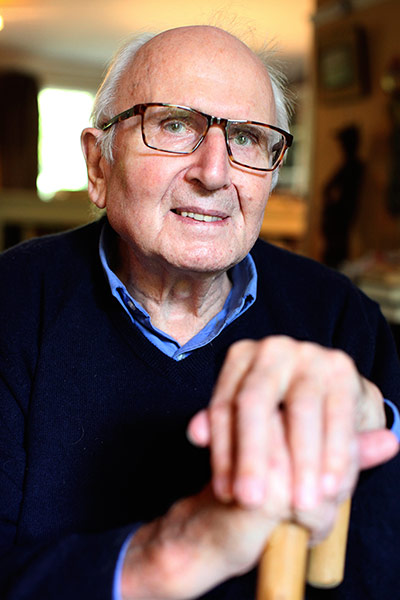
In 1991, the author of Hopeful Monsters became only the second Booker judge to resign (following Malcolm Muggeridge in 1971) when he fell out with his fellow judges over what qualities were desirable in a novel. As Mosley later recalled, he favoured “novels of ideas”, while his four fellow judges were “devotees of style”. When none of Mosley’s preferred books even made the shortlist, he quit, “partly in a huff, but also because by doing so I might still be able to strike a blow for ‘ideas’”. The eventual winner was Ben Okri’s (stylistically beautiful) The Famished Road Photograph: Eamonn McCabe
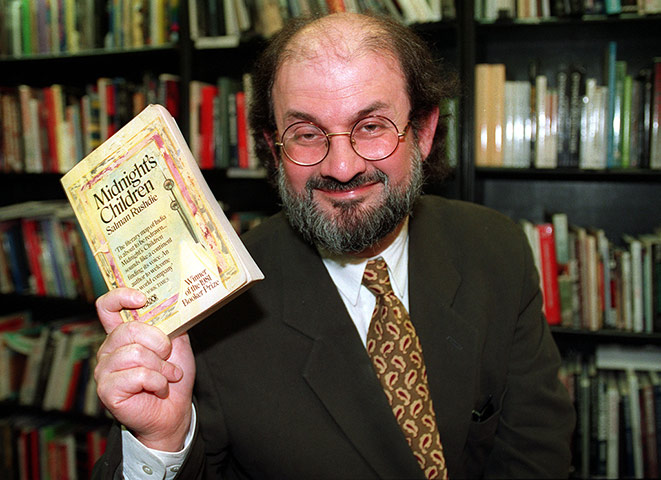
Salman Rushdie is the only person in the prize’s history to be anointed three times over – each time for the same book. In 1993, to celebrate the award’s 25th year, a panel comprising Malcolm Bradbury, David Holloway and WL Webb chose Rushdie’s Midnight’s Children (the 1981 winner) for the Booker of Bookers. Fifteen years later, the Best of the Booker prize reached the same conclusion, although this time it was the public that voted for Rushdie’s novel, from a shortlist of six. In 2019, when the inevitable half-centenary award comes round, who would bet against Rushdie again? Photograph: Fiona Hanson/PA Photos

In 1983, Breakfast Time host Selina Scott presented the BBC’s live coverage of the awards ceremony and became a laughing stock when she committed a series of gaffes. First, she asked the chair of the judges, Fay Weldon, whether she had really read all 100 books on the longlist. “Of course I have!” Weldon barked back. Then she thrust a microphone in front of Weldon’s co-judge Angela Carter and asked what she thought of the winner (JM Coetzee’s Life & Times of Michael K). “I’m one of the judges,” Carter replied, reasonably enough. “I’m sorry about that. What’s your name?” Scott shot back Photograph: Empics/PA
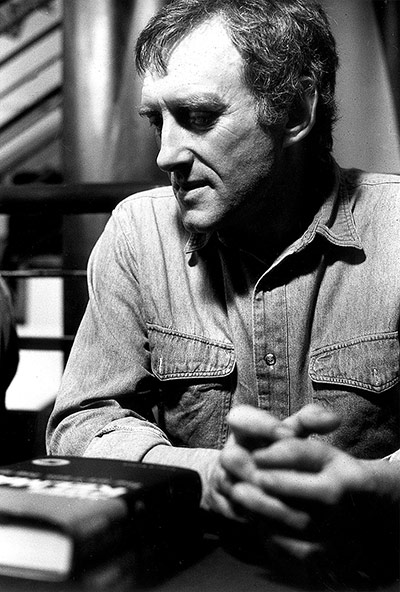
The Glaswegian became the only Scottish Booker winner in 1994 for How Late It Was, How Late, the monologue of a man blinded after a beating by the police. Accepting the prize, Kelman launched an attack on cultural suppression, claiming that Scottish vernacular literature had long been overlooked. In the aftermath of the verdict, one of the judges, Rabbi Julia Neuberger, declared of Kelman’s novel: “Frankly, it’s crap.” Simon Jenkins called the decision an act of “literary vandalism”. But Kelman’s speech was hailed by many and it’s hard to deny that he had a point
Photograph: Sean Smith/The Guardian
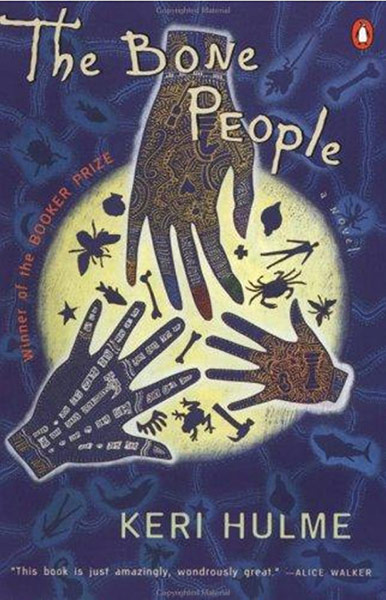
Award for most surreal Booker ceremony undoubtedly goes to 1985. That year’s eccentric chair, Norman St John-Stevas, persuaded the panel – in the face of strong opposition from Nina Bawden and Joanna Lumley – to award the prize to Keri Hulme’s The Bone People, published by a Maori women’s collective. Hulme didn’t travel to England for the ceremony and instead her award was accepted by a delegation from the publisher, who, dressed in island costume, chanted a Maori praise song as they collected it. Contacted from the hall via satellite phone, Hulme’s response on being told of her victory was: “Oh, bloody hell!” Photograph: PR

The Man Booker International prize, started in 2005, is a biennial award given to a writer of any nationality based on their achievements over their career. Last year, it exploded into controversy when one of the three judges, Carmen Callil, resigned following the decision to award the prize to Philip Roth. Callil felt she had been steamrolled by the two other judges, Justin Cartwright and Rick Gekoski. “He [Roth] goes on and on and on about the same subject in almost every single book. It’s as though he’s sitting on your face and you can’t breathe,” she said Photograph: Eamonn McCabe





